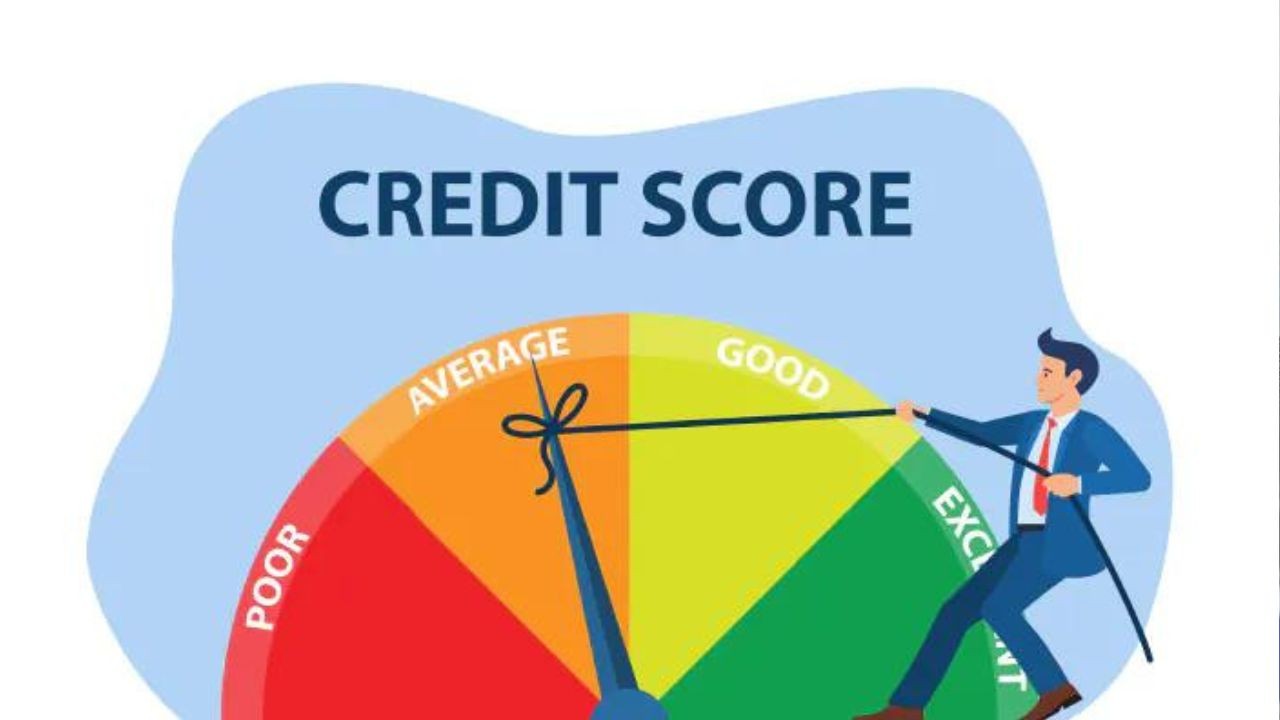Smart Habits to Boost Your Credit Score and Build Financial Confidence in 2025
In today’s digitally-driven financial world, a strong credit score is more than just a number — it’s a passport to better loan rates, premium credit cards, and even job opportunities. As we step into 2025, building and maintaining a healthy credit score has never been more accessible, thanks to digital tools, increased financial literacy, and evolving banking platforms. However, with new opportunities come new challenges. The key lies in adopting smart, consistent habits that not only elevate your score but also help you take full control of your financial well-being.
Why Your Credit Score Matters in 2025
Your credit score reflects your creditworthiness and plays a vital role in –
- Securing favourable interest rates on loans or mortgages
- Getting approved for rental applications
- Qualifying for top-tier credit cards with valuable perks
- Enhancing trustworthiness in financial or employment screening
In an era where Buy Now, Pay Later (BNPL) services, digital wallets, and alternative lenders are becoming mainstream, your credit habits matter more than ever.
Smart Habits to Boost Your Credit Score
1. Pay Bills On Time, Every Time
Your payment history accounts for 35% of your credit score. Automate bill payments or set reminders to avoid late payments, even on smaller accounts like utilities or streaming services, which are now increasingly reported to credit bureaus.
Tip – Use budgeting apps like Mint, YNAB, or your bank’s built-in reminders to stay on track.
2. Keep Credit Utilization Below 30%
Credit utilization — the amount of credit you’re using relative to your total available credit — significantly impacts your score. Experts recommend keeping this ratio below 30%, but aiming for under 10% is ideal for top scores.
Tip – Ask for credit limit increases periodically (without hard inquiries) to naturally reduce your utilization percentage.
3. Monitor Your Credit Regularly
Staying aware of your credit report helps you detect fraud early and dispute any errors that may drag your score down. In 2025, many banks and apps offer free credit monitoring tools.
Tip – Use services like Credit Karma, Experian, or your credit card issuer’s tools to check your score monthly without affecting it.
4. Diversify Your Credit Mix
Having a healthy mix of credit accounts (e.g., credit cards, car loans, and student loans) shows lenders you can manage different types of credit responsibly.
Tip – If you only have credit cards, consider a small personal loan or a credit-builder loan to diversify.
5. Keep Old Accounts Open
Length of credit history affects your score — the longer, the better. Closing your oldest accounts can reduce the average age of your credit history.
Tip – Keep your old accounts active by making small periodic purchases and paying them off immediately.
6. Limit Hard Inquiries
Each time you apply for new credit, a hard inquiry can ding your score slightly. Too many inquiries in a short span signals risk.
Tip – Space out credit applications and use prequalification tools to see offers without impacting your score.
7. Set Financial Goals and Stick to a Budget
Your credit score reflects your overall financial discipline. Staying within a budget ensures you don’t over borrow or miss payments.
Tip – Set SMART (Specific, Measurable, Achievable, Relevant, Time-bound) goals like “Increase my credit score by 50 points in 6 months” and monitor your progress.
Conclusion
Building a strong credit score in 2025 is not about quick fixes but about cultivating smart, consistent habits. With increased access to technology, personalized financial tools, and a better understanding of how credit works, anyone can take charge of their financial future. By following these habits, you’re not just improving a number — you’re laying the foundation for financial confidence, freedom, and opportunity in the years ahead.







Comments are closed